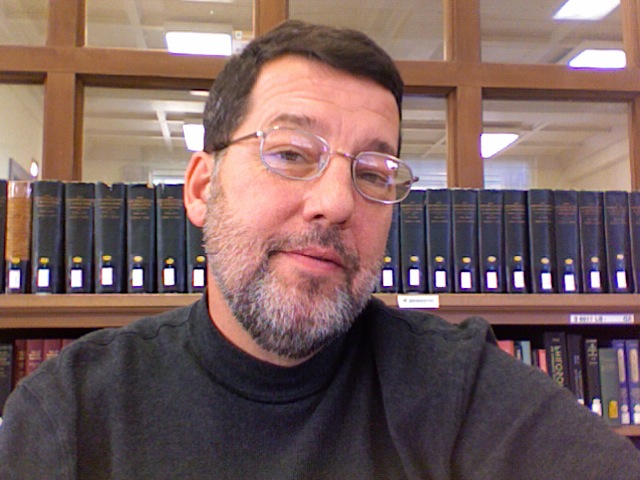
01 Apr PAT BAILEY’S “SPIRITUALITY WITH RELIGION” CONTINUES
Editor’s note: the erudite, open-minded pastor of Telluride’s Christ Presbyterian Church continues with his weekly series – related to his PhD thesis – on the nature of spirituality within the context of modern-day religious practices.
 I have been talking about the “spiritual revolution” as described by several scholars and authors and their consideration whether the current turn toward subjectivity and inner experience is expressive of anything more than self-indulgent individualism.
I have been talking about the “spiritual revolution” as described by several scholars and authors and their consideration whether the current turn toward subjectivity and inner experience is expressive of anything more than self-indulgent individualism.
Another commentator on the current religious culture is Wade Clark Roof, Professor of Religion and Society at the University of California, Santa Barbara. In his book, Spiritual Marketplace, Roof sees the current ferment in spirituality as involving the modern capacity for self-understanding and self-reflexivity combined with a deep sense of yearning, searching, and questing.
Far from leading to individualistic self absorption, Roof sees this trend toward spiritual yearning as “leading many Americans beyond the self-centered, therapeutic culture in which they grew up,” and he sees the urge toward the spiritual quest as moving “beyond the solutions that were promised in consumption, materialism, and self-absorption.” So, Roof sees in these trends considerable potential for transformation of both individuals and society.
Roof also views these trends as offering a creative moment to progressive leaders and religious communities “to chart a middle course, making a case for transcendence while at the same time carefully circumscribing their position vis-a-vis both die-hard traditionalists and a more self-focused spiritual culture.” While the current trend in religion may have its “tacky, superficial, and commodified aspects,” Roof insists that this is always to some degree the way lived religion looks.
Roof also echoes something of philosopher Charles Taylor’s argument that the current situation is less polarized and more complex than the belief vs. non-belief debate generally recognizes:
It is not that the world has gone secular, lost all its scripts embedding the sacred. Instead the world has become a gigantic maze of alternative paths requiring of individuals a level of decision-making and accountability on a scale unlike anything previous Americans have known–involving in a most fundamental way, things of the spirit.
So, while he explores the new religious trends in terms of “marketplace” he does not see them as necessarily expressions of consumerism or self-absorption; rather he sees their potential for a much more complex and mature spiritual stance.
Do you agree or disagree with Roof that the trend toward spiritual yearning has the potential to transform both individuals and society? Do you view these trends as a threat or a creative moment to leaders and religious communities? Do you think that a middle way can be charted between die-hard traditionalists and a more self-focused culture? Do you see the maze of alternative paths as troublesome or as offering the opportunity for decision-making and accountability?


Sorry, the comment form is closed at this time.